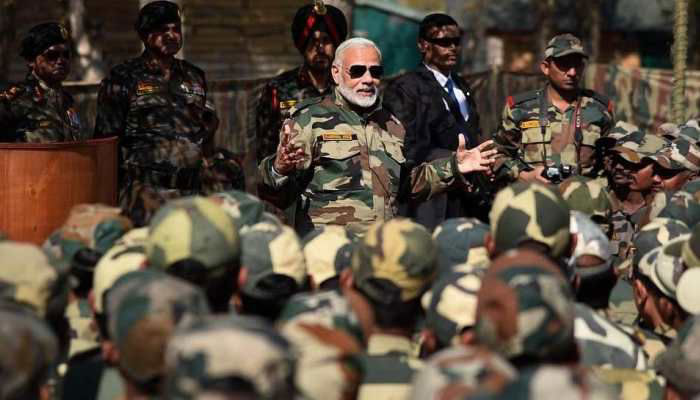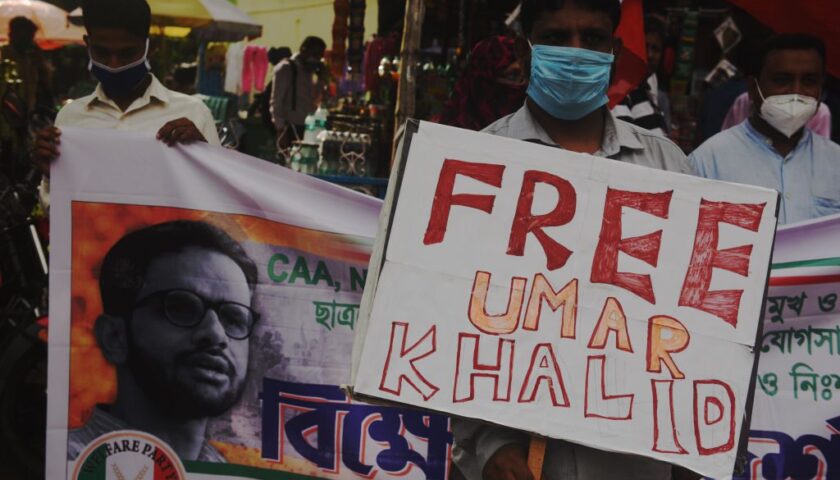A US intelligence report has raised concerns about the possibility of India retaliating against Pakistan in the event of a terror attack on India or an orchestrated “violent unrest in Kashmir” by extremist groups based in Pakistan.
The annual threat assessment report by the US Director of National Intelligence predicts the possibility of a conflict between India and Pakistan with particular concern due to the risk of an “escalatory cycle between two nuclear-armed states”.
Given Pakistan’s history of supporting extremist groups, the report acknowledges a higher probability of India responding with military force under the leadership of Prime Minister Narendra Modi to “perceived or real Pakistani provocations”. The report adds that each side’s perception of heightened tensions raises the risk of conflict, with violent unrest in Kashmir or a militant attack in India being potential flashpoints.
The report comes at a time when India strongly criticised Pakistan after its foreign minister, Bilawal Bhutto Zardari, brought up the issue of Jammu and Kashmir at a United Nations Security Council (UNSC) debate on women, peace and security.
India’s Permanent Representative to the UN Ambassador, Ruchira Kamboj, called Zardari’s remarks “baseless and politically motivated” and said that it was “unworthy” to even respond to such “malicious and false propaganda”.
In her response, Kamboj dismissed Zardari’s remarks as “frivolous” and said, “Before I conclude, let me dismiss the frivolous, baseless and politically motivated remarks made by the delegate of Pakistan regarding the Union Territory of Jammu and Kashmir.”
The US intelligence report notes that conflicts between India and its neighbouring countries, China and Pakistan, have the potential to spill over and require the immediate attention of the United States.
It highlights that the ongoing Russia-Ukraine war has emerged as a defining characteristic of the current era, and that China has the capability to directly attempt to alter the global order by changing global norms and potentially threatening its neighbours.
The report also warns about the risk of an armed confrontation between the nuclear-armed India and China due to their expanded military positions along the disputed border. It emphasises that previous standoffs have shown how persistent low-level friction on the Line of Actual Control (LAC) can escalate swiftly. SOURCE




